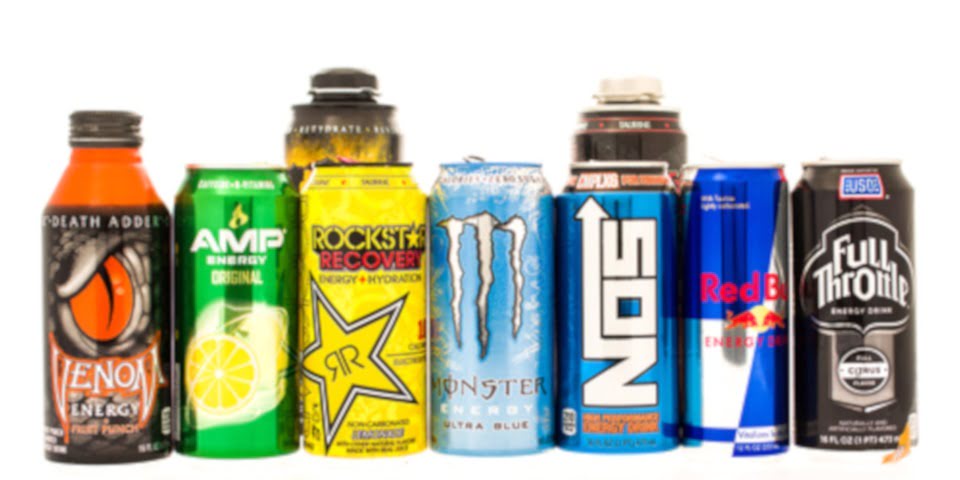The Australian Beverages Council has commented following the launch of the UK government’s consultation on ending the sale of energy drinks to children.
The Council in Australia has said it strongly opposes suggestions of regulatory restrictions on the sale of any non-alcoholic beverages, including energy drinks. Instead, it believes in the “highly successful” existing self-regulation, such as the industry’s recently revamped energy-drinks commitment.
“All members of the Australian Beverages Council involved in the manufacture or distribution of energy drinks have voluntarily agreed to a set of commitments as part of the responsible sale and promotion of energy drinks in Australia,” Australian Beverages Council CEO Geoff Parker said.
“The industry in Australia has already agreed that energy drinks’ marketing and advertising will not be directed at children, and energy drinks will not be sold in primary and secondary schools.”
According to the council, research commissioned by the Australian government shows energy drinks constitute a tiny proportion of the total caffeine consumed by children. Food Standards ANZ recently concluded that energy drinks contribute less than 1.2 per cent of overall caffeine intake for Australian children aged between nine and 13 years, and 3.8 per cent for children aged between 15 and 16 years.
‘Not recommended for children’
The council says Australia has some of the most stringent regulations on energy drinks in the world. The Food Standards Code states that energy drinks must have no more than 32mg of caffeine per 100ml and this is reflected in a mandatory statement on every energy drink.
“The amount of caffeine in an energy drink is comparable to the amount of caffeine in a cup of coffee,” Mr Parker said.
“Energy drinks are not recommended for children and this is clearly stated on the label. Although energy drinks contain around the same amount of caffeine as a cup of coffee, caffeine is not advised for children, and so our industry does not recommend these for consumption by children.”
In addition to the regulation of caffeine, labels on energy drinks must contain recommended maximal daily limits and advisory statements that the product is unsuitable for children, pregnant or lactating women.
“The Australian Beverages Council will continue to have open discussions with a range of stakeholders about energy drinks and the broader non-alcoholic beverage industry as issues of mutual interest arise,” Mr Parker said.




